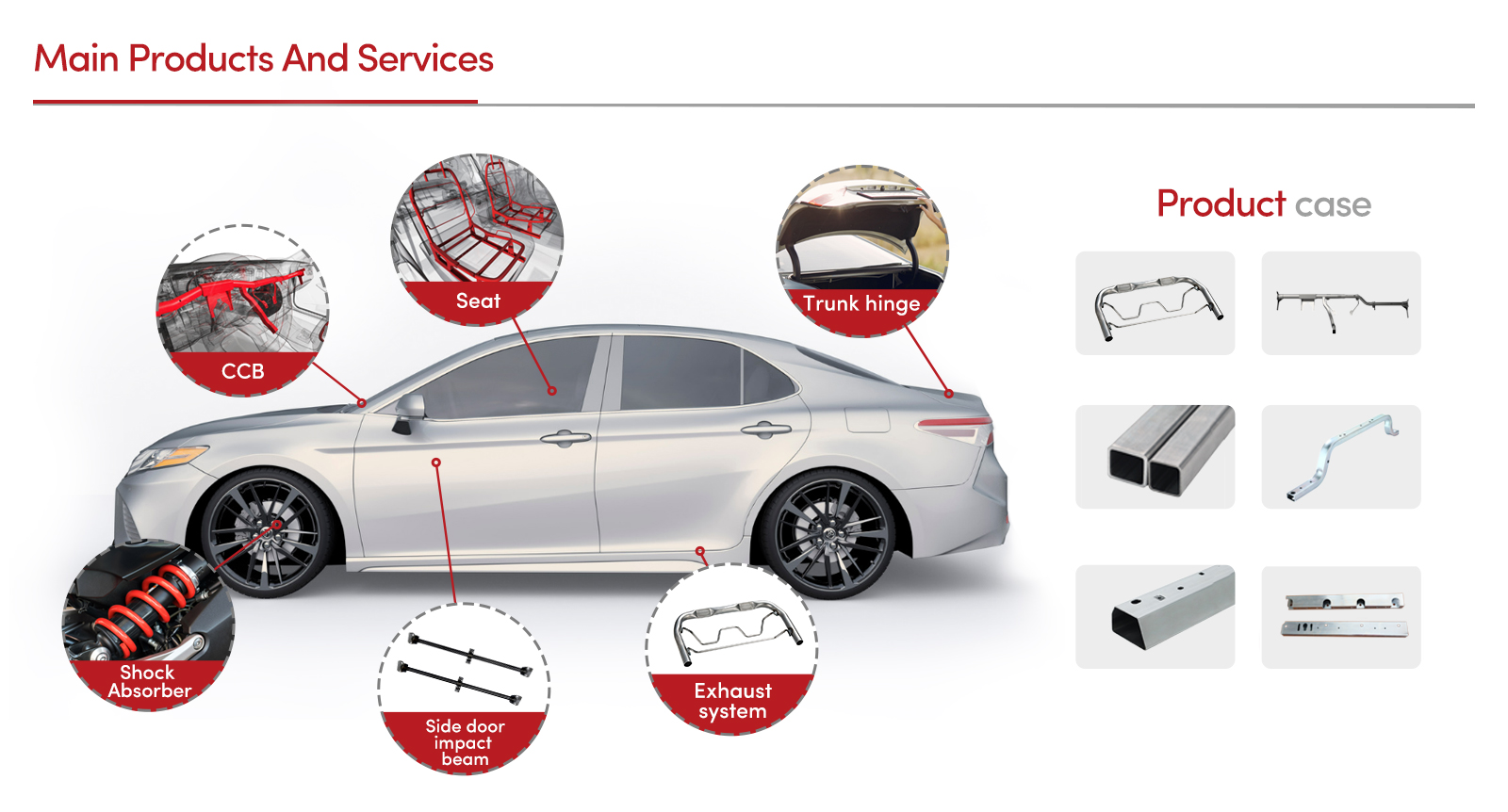
Understanding Mechanical Components The Building Blocks of Machinery
Mechanical components play a crucial role in the functionality and efficiency of machinery and mechanical systems. They are the building blocks that enable machines to operate smoothly, perform tasks, and contribute to various industrial and technological advancements. These components range from simple elements such as screws and bolts to complex assemblies like gearboxes and actuators.
At the heart of any mechanical system lies the concept of motion and force transfer. Mechanical components are designed to convert energy into motion, maintain stability, and ensure precision in various applications. For instance, gears are one of the most widely used mechanical components. They are employed in numerous devices, from clocks to vehicles, to transmit power effectively and change the direction of torque. Gears work in pairs or sets, allowing one gear’s rotational movement to turn another, which can increase or decrease speed as required.
Bearings are another essential component in machinery, designed to reduce friction between moving parts. They allow for smooth rotation of shafts and wheels, which is vital in applications ranging from bicycle wheels to heavy industrial machinery. By supporting loads and enabling smooth motion, bearings significantly enhance operational efficiency and prolong the lifespan of mechanical systems.
Fasteners, such as bolts, nuts, and screws, are critical in assembling various mechanical components. They provide structural integrity and allow different parts to function together as a cohesive unit. The selection of appropriate fasteners is vital, as they must accommodate different materials and load specifications.

In addition to these components, actuators and sensors have become increasingly important in modern mechanics. Actuators convert energy (typically electrical, hydraulic, or pneumatic) into motion, facilitating automated processes in manufacturing and robotics. Sensors, on the other hand, provide feedback regarding operational parameters, ensuring that systems can be monitored and controlled effectively. The integration of actuators and sensors has led to advancements in smart machinery and Industry 4.0 technologies, making mechanical systems more intelligent and adaptive.
Furthermore, the importance of materials used in mechanical components cannot be overstated. The choice of material affects strength, durability, weight, and cost. Common materials include metals like steel and aluminum, which offer excellent mechanical properties, as well as plastics and composites, which can provide lighter and sometimes more corrosion-resistant alternatives.
As technology evolves, so do the designs and applications of mechanical components. Advancements in manufacturing techniques, such as 3D printing, allow for the creation of complex geometries that were previously impossible to achieve. Innovative designs will lead to enhanced performance, reduced waste, and improved sustainability in mechanical systems.
In conclusion, mechanical components are the fundamental elements that enable machines to perform a wide range of functions. Their design, selection, and integration are crucial for achieving optimal performance in any mechanical system. As industries continue to innovate and embrace new technologies, the future of mechanical components promises to be even more dynamic, paving the way for more efficient and intelligent machinery. Understanding these components is essential for engineers and designers as they strive to create solutions for today's challenges and tomorrow's needs.